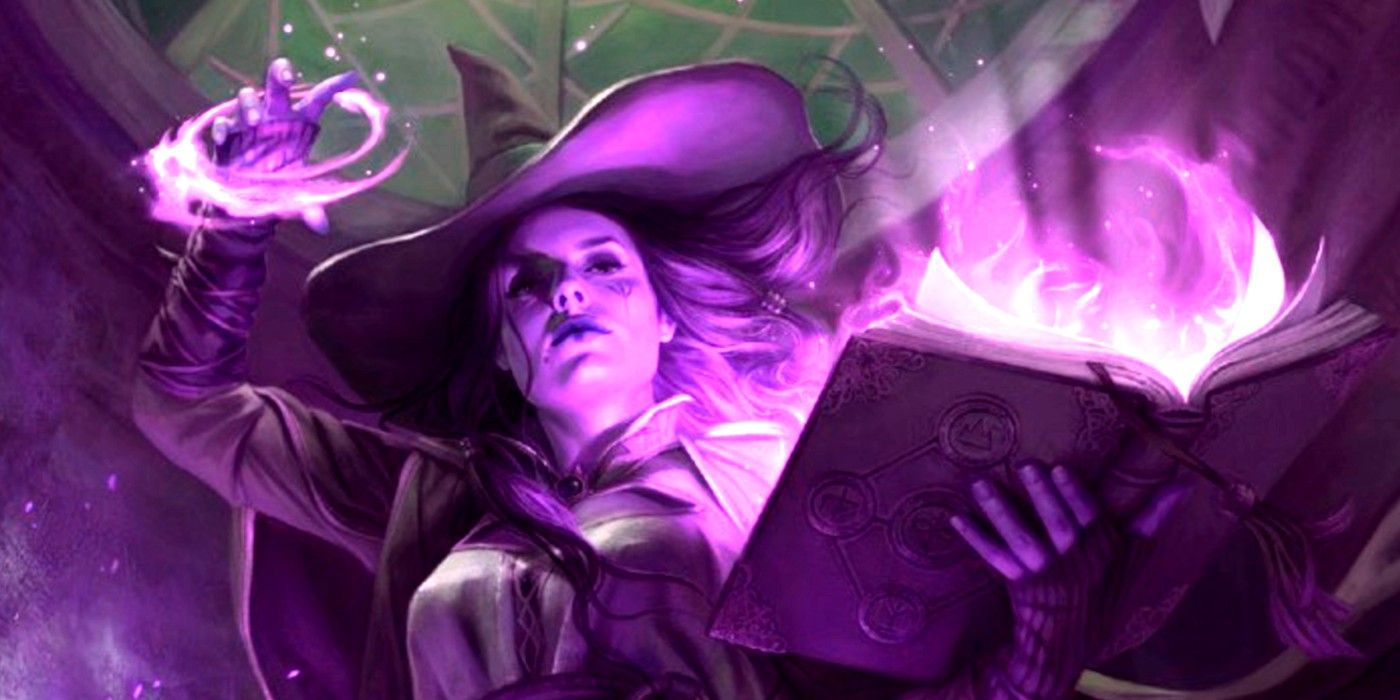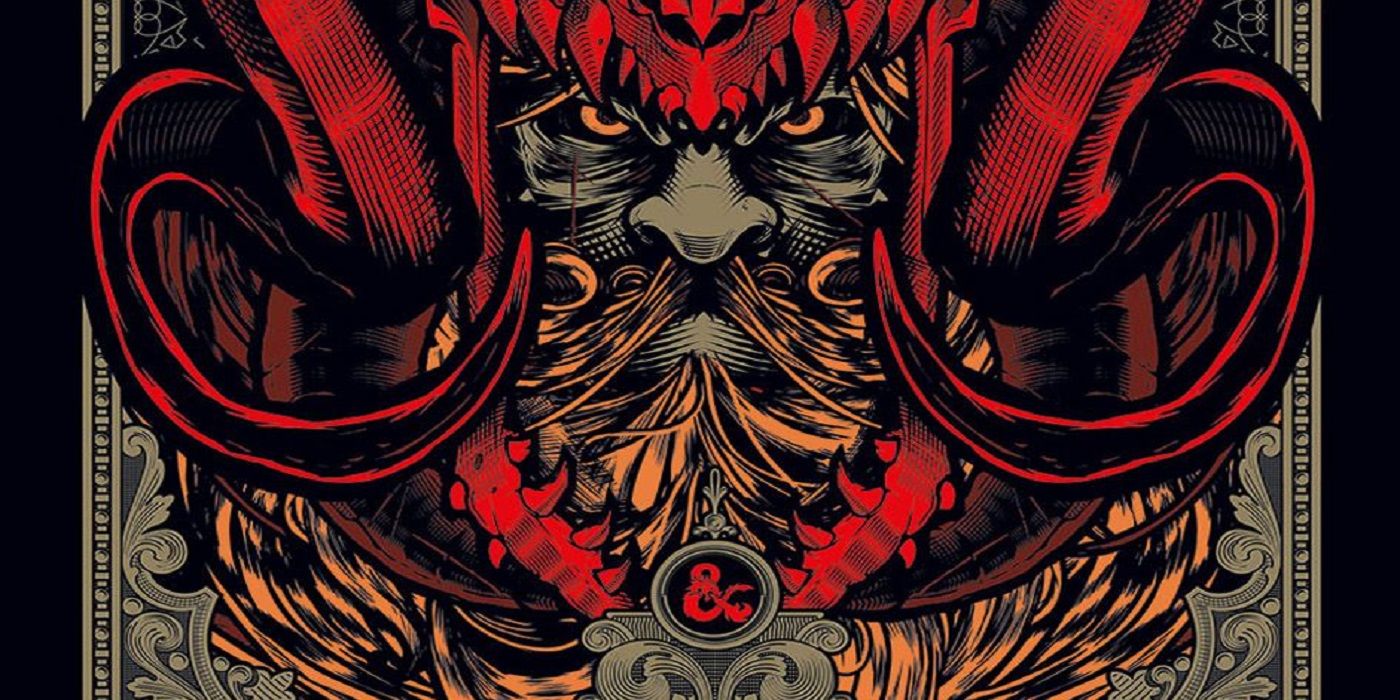While Dungeons & Dragons is now seen as the fun tabletop RPG it really is, the perceptions about D&D weren't always so positive. Especially in its early years, Dungeons & Dragons was often (wrongfully) blamed for leading players to dabbling in the occult and even committing violent crimes. Here's why D&D finally stopped being called witchcraft after all this time.
There were a number of factors that led to D&D's being blamed for witchcraft in the first place, most of which were just misunderstandings. In the early days at TSR, book covers for Dungeons & Dragons depicted ritual human sacrifice, demons, and occult imagery. Without playing the game, some parents and organizations simply looked at those covers and decided D&D was a gateway to using witchcraft. It didn't help matters that players were seen casting spells and using wands and staffs to fight with magic. It may seem silly now, but when D&D was blamed for a missing college student in 1979, the tabletop RPG got a lot of bad press. Even after D&D was cleared for any blame, the damage from the national media attention had already been done.
To combat this, TSR devised a number of strategies aimed at showing families just how harmless D&D really was. This led to a number of board games focused on families, as well as an animated cartoon series and a friendly cartoon wizard named Morley to serve as a mascot. All of this helped D&D's image in some way, but it was still a ways off from no longer being called witchcraft.
Why Parents Stopped Thinking Of D&D As Witchcraft
Despite valiant efforts from TSR to turn Dungeons & Dragons' image around, the biggest factor contributing to people's perceptions of D&D changing was simply time. As time went on, more and more people began to try D&D and discover just how fun it was. Additionally, a lot of the kids who grew up playing D&D eventually became parents themselves. These parents knew D&D was harmless, allowed their children to play the tabletop RPG, and the rest is history.
Since then, TSR - and eventually Wizards of the Coast - has promoted D&D as a family-friendly game that can be played by anyone. Even now, D&D 5e campaigns are designed with kids and families in mind. Because of the passage of time and the exposure to the game itself, people's preconceived notions regarding D&D have changed.
Because of this, D&D has finally stopped being called witchcraft by most people. Now, Dungeons & Dragons is a part of pop culture and known for the fun tabletop RPG it really is.


